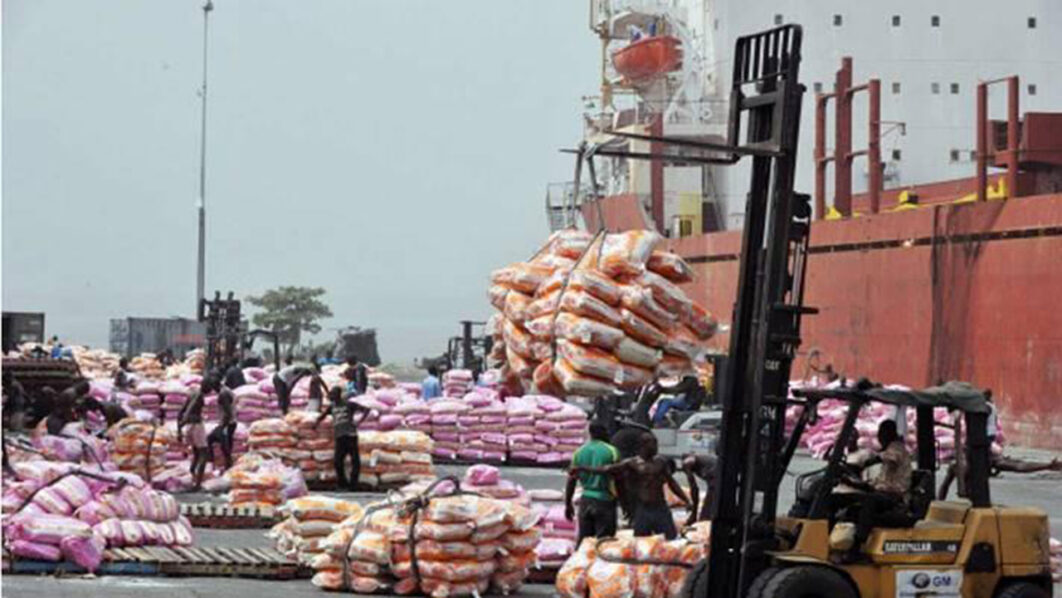
The escalating food prices are worsening the country’s foreign exchange (FX) crisis as the country spent about $1.183 billion on the importation of food between the last quarter of 2023 and the first quarter of this year.
This is contained in the sectoral utilisation of FX contained in the quarterly statistical bulletin of the Central Bank of Nigeria (CBN). The data show that in the last quarter of 2023, $493.24 million was spent on food imports. The figure rose to $689.88 million in the first quarter.
Though the second quarter 2024 figures are not yet out, it is expected that the amount of forex used in importing food will even rise further given the recent suspension of import duty on certain food items.
Nigeria has been going through multifaceted economic crises since the inception of the Bola Tinubu administration in May 2023. The crises, which were already brewing when the administration took over, were exacerbated by the removal of fuel subsidies and the unification of the foreign exchange rates as part of the new economic reform programmes.
The two policies sent prices of goods and services hitting the rooftop as the local currency, the naira, fell in value. With headline inflation hitting 34.19 per cent in June 2024 and food inflation rising to 40.87 per cent, the situation has become unbearable for Nigerians who have expressed their frustration via a 10-day national hunger protest that swept through the country in the month.
There have been calls for the government to open the borders and allow for the importation of food as a stop-gap measure to stem the rising food prices, a call President Bola Ahmed Tinubu had earlier rejected, insisting that Nigeria would not succumb to food importation to stabilise prices. He noted then that the government would not allow the importation of food but rather turn the lack in the country into abundance.
However, the government appears to have been overwhelmed by the rising food prices and has succumbed to the pressure with its new policy called the Presidential Accelerated Stabilisation and Advancement Plan (PASAP), which it said is to address the dual challenge of food affordability and availability in the country.
Part of the plan is to allow for a 150-day Duty-Free import window for food commodities, where the Federal Government would import 250,000 metric tonnes of wheat and maize, targeting supplies to small-scale processors and millers. The new policy has been criticised by notable stakeholders as capable of eroding the gains already made in local food production.
The International Monetary Fund (IMF) has noted that the acute food crisis in Nigeria and other sub-Saharan African countries is a consequence of an excessive reliance on imported food.
President of the African Development Bank (AfDB), Dr Akinwunmi Adesina, while reacting to the new government policy, also frowned at the plan to import food, stating that the policy is depressing. According to him, Nigeria cannot rely on food imports to stabilise prices.
This position was also canvassed by the National President of the All Farmers Association of Nigeria (AFAN), Kabir Ibrahim, who said that the duty-free importation of food items would lead to the erosion of the gains made in local production of rice, maize and wheat. He called on the government to invest through the provision of subsidies on inputs such as machines, fertilizers and chemicals to have a sustainable food system in the country.
He also noted that what the government is doing is simply addressing the symptoms of the food crisis, because according to him, the main cause of the problem is insecurity which has forced farmers to abandon their farms and of course high cost of transporting food from the farm to the market.






